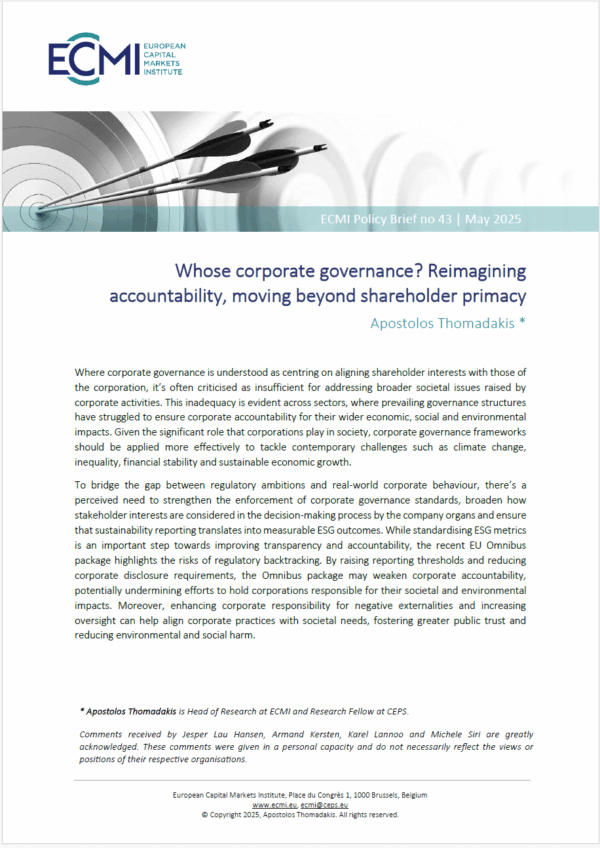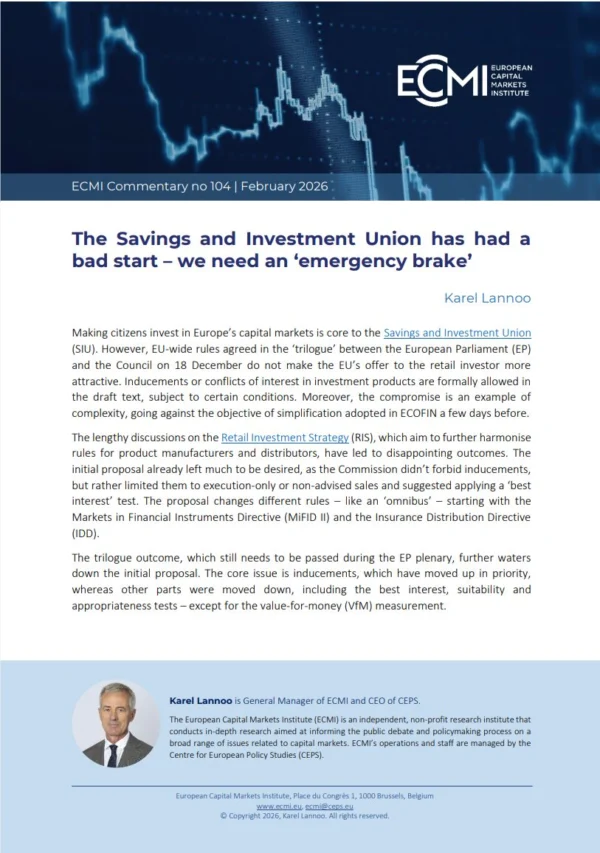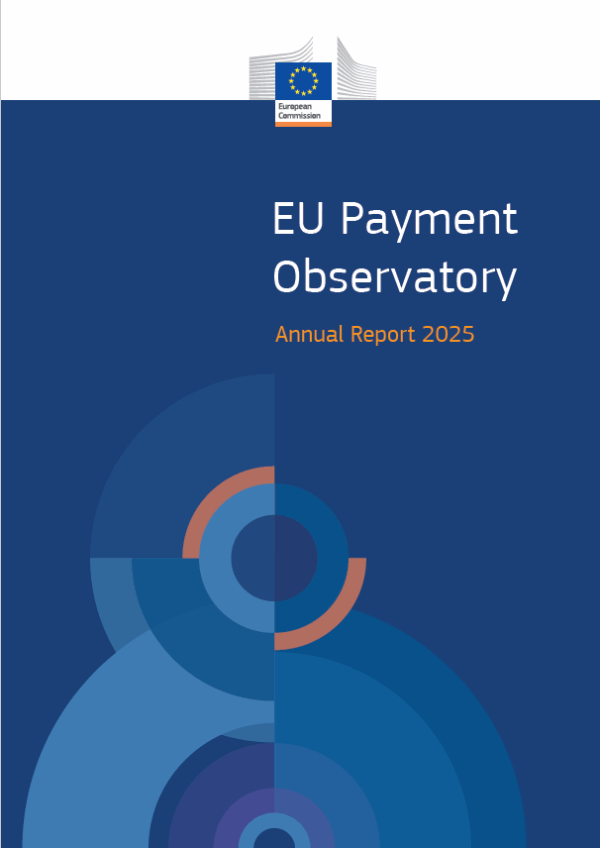Where corporate governance is understood as centring on aligning shareholder interests with those of the corporation, it’s often criticised as insufficient for addressing broader societal issues raised by corporate activities. This inadequacy is evident across sectors, where prevailing governance structures have struggled to ensure corporate accountability for their wider economic, social and environmental impacts. Given the significant role that corporations play in society, corporate governance frameworks should be applied more effectively to tackle contemporary challenges such as climate change, inequality, financial stability and sustainable economic growth.
To bridge the gap between regulatory ambitions and real-world corporate behaviour, there’s a perceived need to strengthen the enforcement of corporate governance standards, broaden how stakeholder interests are considered in the decision-making process by the company organs and ensure that sustainability reporting translates into measurable ESG outcomes. While standardising ESG metrics is an important step towards improving transparency and accountability, the recent EU Omnibus package highlights the risks of regulatory backtracking. By raising reporting thresholds and reducing corporate disclosure requirements, the Omnibus package may weaken corporate accountability, potentially undermining efforts to hold corporations responsible for their societal and environmental impacts. Moreover, enhancing corporate responsibility for negative externalities and increasing oversight can help align corporate practices with societal needs, fostering greater public trust and reducing environmental and social harm.








